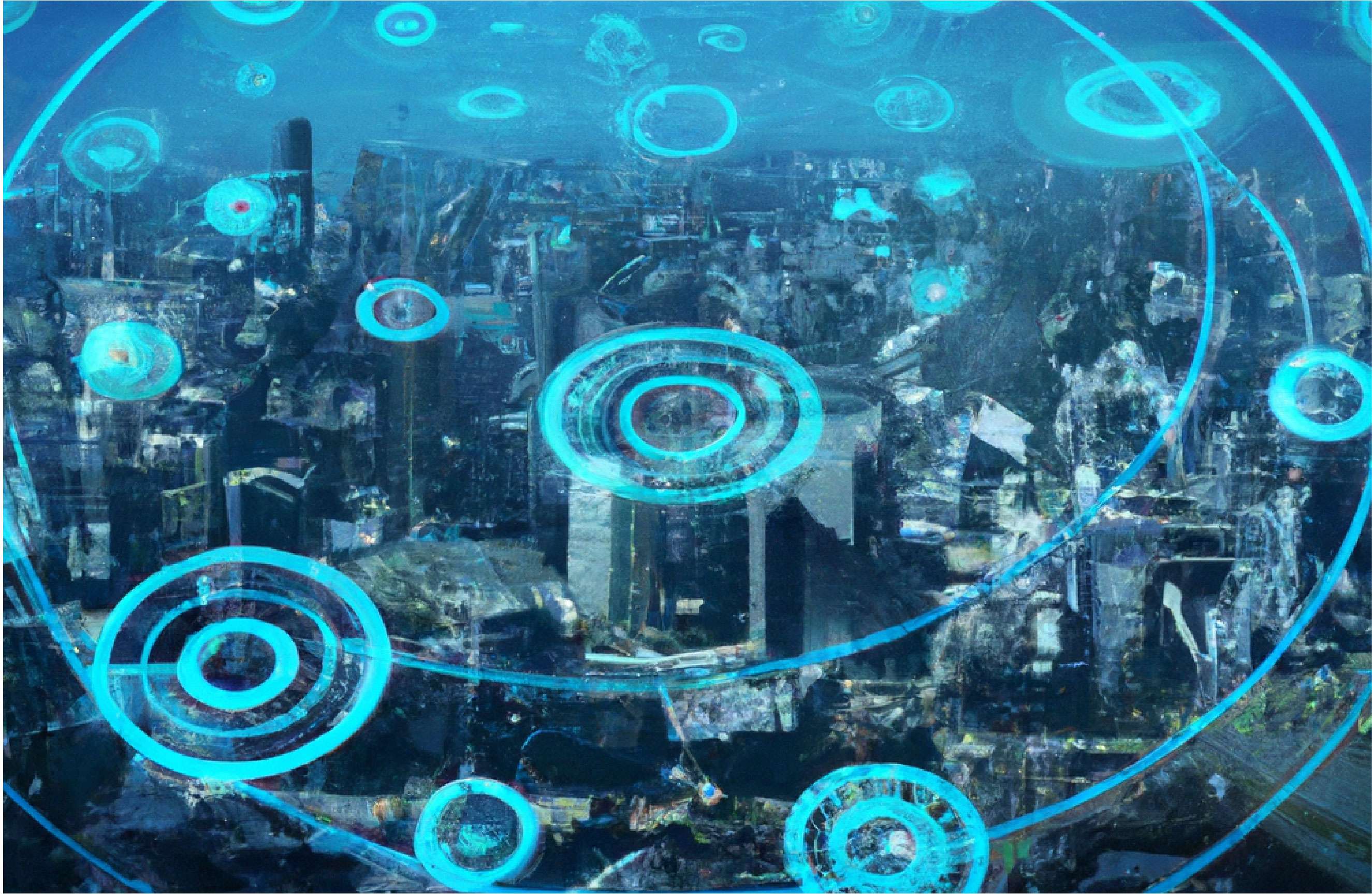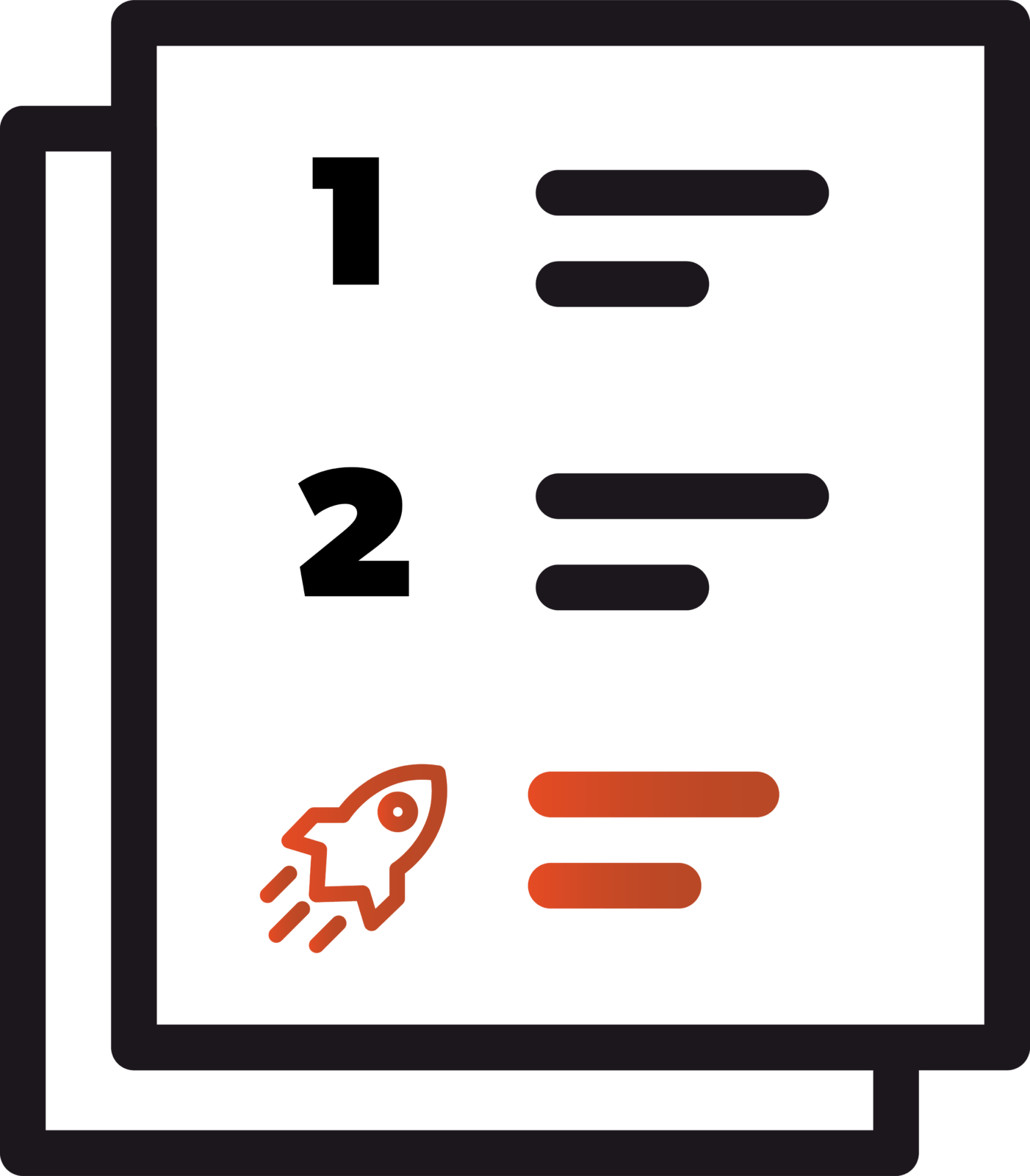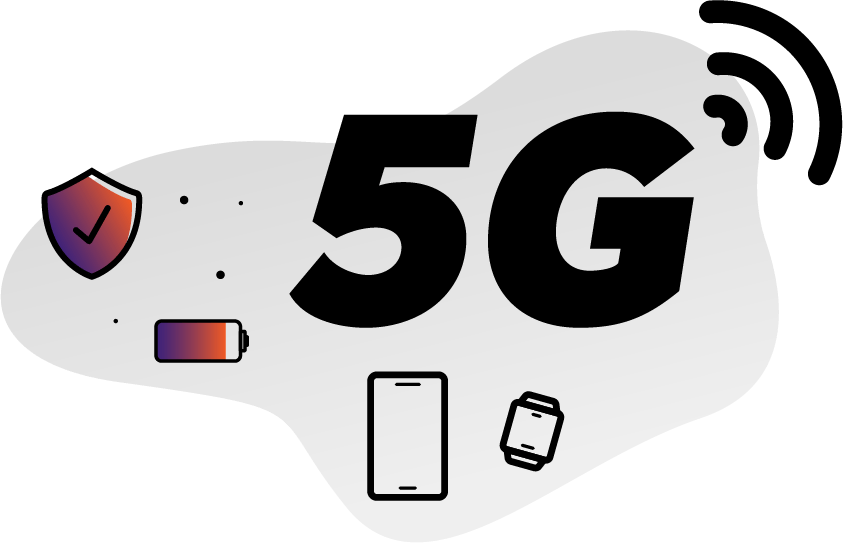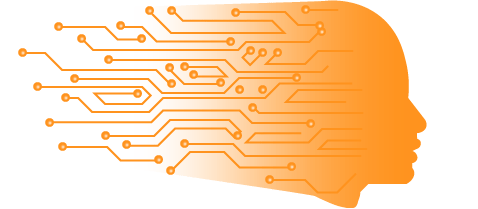Future of IoT: Trends and predictions
In this rapidly changing technological world, where the Internet of Things (IoT) plays an increasingly important role, it is crucial to stay up to date with the most exciting trends and predictions for the future of IoT.

(AI-generated picture)
Time to read: 7-8 min læsetid
Subject: IoT, edge computing, 5G, AI, ML, blockchain, sustainability
Author: Villy Olsen, Iterator IT
In recent years, Internet of Things (IoT) has experienced tremendous growth, leading to increased connectivity between devices and a plethora of new opportunities for both businesses and consumers. IoT refers to the network of connected devices that communicate and exchange data with each other via the internet, creating smarter, more efficient, and automated systems. This technology is becoming an integral part of our daily lives, and its significance will continue to grow in the coming years.
In this blog post, the goal is to explore some of the most promising trends and predictions for IoT in the future. We will delve into various technological advancements that will shape the IoT landscape and examine how these trends may impact both the industry and society as a whole.

Edge computing
Edge computing is a new approach to data processing, where data is processed closer to the source, instead of being sent to a central server or data center. This means that IoT devices and systems can make decisions and perform actions faster, as there is less latency involved in the communication between the devices.
There are several advantages to using edge computing in IoT. Firstly, it reduces the amount of data that needs to be sent over the network, which helps to reduce bandwidth usage and associated costs. Secondly, edge computing can improve system performance and response time by performing data processing locally, allowing devices to respond more quickly to changes and events.
In the coming years, edge computing is expected to play a central role in the development of the IoT landscape. With an increasing number of IoT devices and a constant growth in data volume, edge computing will be crucial for maintaining the efficiency and speed of IoT systems. This will also enable new IoT applications that require faster response times and greater autonomy, such as self-driving cars, industrial automation systems, and smart city solutions.
5G and IoT
The emergence of 5G technology will have a significant impact on IoT, as it will create a faster and more reliable connection between IoT devices and systems. 5G technology promises a significant increase in speed, lower latency, and increased capacity compared to 4G networks, enabling IoT devices to communicate and function more efficiently.
Some of the benefits that 5G can bring to IoT include the ability to support a larger number of devices, better energy efficiency, and seamless integration between IoT and other technologies such as AI and edge computing. This will ultimately lead to more advanced and reliable IoT solutions that can be tailored to different sectors and use cases.
The expected widespread adoption of 5G in the coming years will likely lead to faster innovation and development in the IoT market. New IoT use cases will emerge, and existing solutions will be improved, opening up a lot of opportunities for businesses and consumers. (Click here, and read a full blog post dedicated to IoT and 5G)

Artificial intelligence (AI) and machine learning (ML) in IoT.
Integration of AI and ML in IoT systems is another important trend that will shape the future of IoT. AI and ML technologies can help analyze and interpret the large amounts of data generated by IoT devices, enabling informed decision-making and automation of various processes. (Read more about machine learning here)
Some of the use cases that can benefit from AI and ML in IoT include predictive maintenance, where the integration of AI and ML into IoT systems is another important trend that will shape the future of IoT. AI and ML technologies can help analyze and interpret the large amounts of data generated by IoT devices, enabling informed decision-making and automation of various processes. Some of the use cases that can benefit from AI and ML in IoT include predictive maintenance, where AI algorithms can predict equipment failures and recommend preventive measures, automation of manufacturing processes, and optimization of energy consumption in smart buildings. AI and ML technologies will also play a crucial role in improving the security and protection of IoT systems, as they can help identify and respond to security threats in real-time.
Future opportunities and challenges with AI and ML in IoT include ensuring data security and protecting user privacy, as well as overcoming technical and organizational barriers to integrate AI and ML into existing IoT solutions.

Blockchain and IoT security
Security challenges in IoT are a growing concern as more devices and systems become interconnected. This has created a need for new and innovative solutions to secure IoT networks and protect data from cyberattacks and unauthorized access. Blockchain technology can offer a potential solution to these challenges, as it can create a decentralized and transparent system for data exchange and verification.
Some of the benefits that blockchain can bring to IoT security include:
- Secure data sharing: Blockchain can ensure that data exchanged between IoT devices is encrypted and can only be accessed by authorized parties.
- Authentication and authorization: Blockchain can help maintain a secure system for identification and authentication of IoT devices and users.
- Decentralization: By removing centralized servers and data centers, blockchain can reduce the risk of single-point-of-failure and cyber attacks on IoT systems.
Potential use cases and future developments in blockchain and IoT security may include improved traceability and transparency in supply chains, secure remote monitoring and control of IoT devices, and enhanced protection against DDoS attacks and other cyber threats.

IoT and sustainability
IoT plays an important role in promoting sustainable development and environmental protection. Through intelligent solutions and improved data collection, IoT can help businesses and society reduce their environmental impact and work towards a more sustainable future. Examples of IoT solutions that contribute to sustainability include:
- Energy efficiency: IoT devices and sensors can monitor and control energy consumption in buildings and industrial facilities, reducing waste and costs.
- Waste reduction: IoT can help optimize waste management and recycling by monitoring waste production and collection in real-time.
- Resource conservation: IoT can be used to monitor and control resource consumption, such as water, fuel, and raw materials, reducing waste and pollution.
Future trends and opportunities in green IoT solutions may include the integration of renewable energy sources into IoT systems, development of smarter transportation and mobility solutions, and utilization of IoT data to enhance sustainability reporting and decision-making across different sectors.
In the future, there are many exciting trends and predictions for IoT. Edge computing will play a crucial role in improving the efficiency and speed of IoT systems, while 5G technology will enable faster and more reliable communication between IoT devices. The integration of AI and ML will help improve decision-making and automate processes, and blockchain technology will help increase security in IoT networks.
Moreover, IoT will continue to play a vital role in promoting sustainability and environmental protection by offering intelligent solutions for energy efficiency, waste reduction, and resource conservation. These trends and opportunities will create new growth opportunities for businesses and consumers and shape our society in ways that we cannot yet predict.
If you are interested in exploring the potential of IoT and implementing IoT solutions in your company, Iterator IT is here to assist you. We are specialists in IoT development and can help you tailor a solution that fits your unique needs and goals. From ideation and strategy to implementation and support, we are dedicated to helping our customers achieve success with IoT.
At Iterator IT, we have a lot of experience with the agile collaboration approach. We always work closely with our clients and their hardware partners to gain a full understanding of the business and the overall vision for digitalization. That's why we like to stay in close dialogue to ensure that we are all on the same page.
Please contact us today through our contact form here or call our CEO Casper at +45 31 39 05 69 to find out how we can help you navigate the fascinating world of IoT and leverage the latest trends and technologies to drive your business forward.
Don't miss out on this exciting opportunity - take the step towards a more innovative and sustainable future with IoT and Iterator IT!